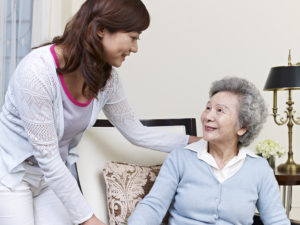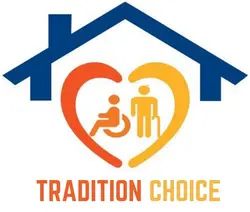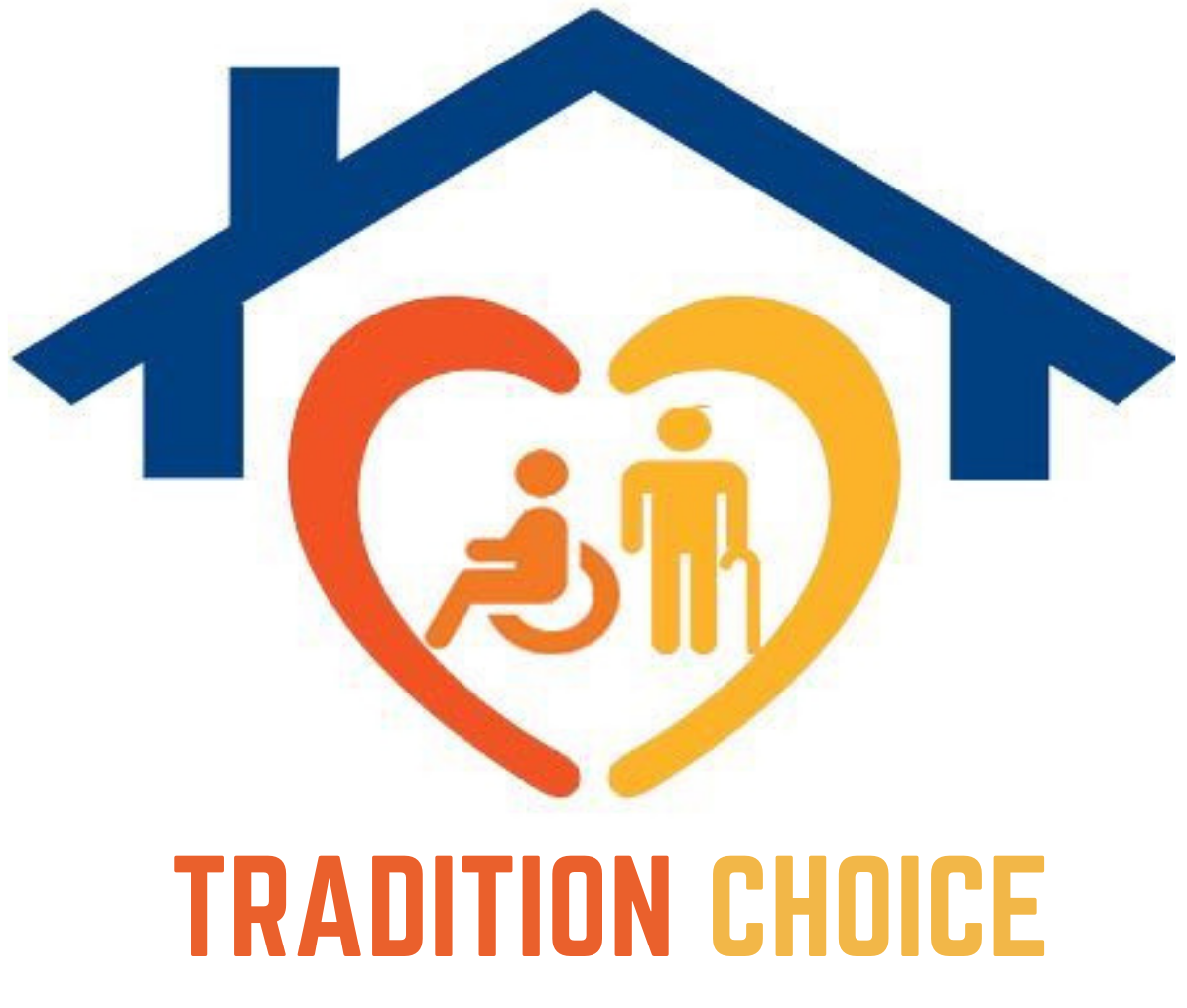Alzheimer’s disease creates some big changes in your senior’s life and in her brain. It also changes how you and she interact with each other. You might find that your previously strong family member needs way more reassurance from you now that she’s dealing with Alzheimer’s disease.

Elderly Care Staten Island NY – Reassurance and Alzheimer’s Disease
What’s Your Family Member’s First Response?
When your elderly family member experiences difficulty or something has changed in her life, what is her first response? For instance, if she can’t find her glasses, her first reaction if she has Alzheimer’s disease is likely to be that someone has stolen them. If the remote doesn’t work, she may determine that the television is broken. Your senior’s brain doesn’t work the same way that it used to work, so she’s going to come up with some different reactions than you do.
What Can Reassurance Look Like?
With your senior, reassurance can be simply seeing you’re in the same room as her. She may fear being alone, for instance, so seeing you is reassuring. It might also be reassuring for her to hear her say that you’ll help her and that you’re there with her. Those kinds of warm words can be incredibly comforting for her.
What if Reassurance Feels Exhausting for You?
The problem for caregivers is often that constant reassurance, while helpful for your elderly family member, can be exhausting for you. You might feel stretched to your limits as it is, but then you have to continue to reassure your elderly family member. One woman’s response for her aging family member went viral, and it might be something that you can do, too. A small white board with reassuring messages can be incredibly helpful and it can slow down responses that you have to personally give.
Elderly Care Providers Can Help
Something else that can make life easier for you and for your aging family member is to get some extra help. Elderly care providers can help you to learn what’s most reassuring for your senior. They can also help you by taking over tasks that are taking up your time. They’ve got the experience with these situations that you might be lacking.
Daily life is complex and difficult. For someone with Alzheimer’s disease, daily life can feel so complicated that it’s like living on another planet. Reassuring your elderly family member can go a long way toward helping her to have a much better experience with the time that she has left, especially if you find easy ways to reassure her.

